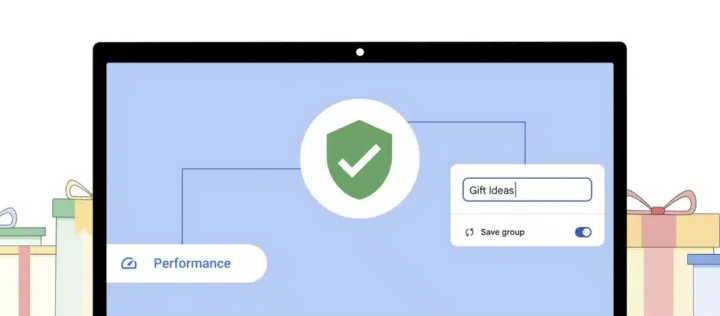Google has agreed to settle a $5 billion privacy infringement lawsuit filed in 2020 for allegedly tracking Chrome users even when they were browsing in incognito. But is Google Chrome’s incognito mode really not private? Can cyber hackers access information from actions taken in the incognito tab? Which browser is more reliable when it comes to privacy? Turkey’s Hurriyet Newspaper editors report….
Many internet browsers, especially Google Chrome, have long had an ‘incognito tab/window’ section. These windows claim to offer users the freedom to browse the internet without being tracked.
Chrome’s incognito window also emphasizes that critical data such as browsing history, cookies and site data, and information entered in forms are not saved.
In 2020, Google was sued for invasion of privacy for allegedly tracking Chrome users even when they were browsing in an incognito window, seeking $5 billion in damages.
The lawsuit, filed by the law firm Boies Schiller Flexner, alleged that Google was collecting personal data, such as social networks and shopping habits, as well as information about more private internet activity.
Google Spokesperson Jose Castaneda, on the other hand, denied these allegations and stated that they would defend themselves strongly through legal means.
Google’s Incognito Window opens with these warnings
In recent days, lawyers for both sides announced that the case had been settled in mediation, a binding preliminary protocol had been signed, and the agreement would be submitted for final approval by a federal judge in California no later than February 24.
It was not disclosed how much Google would pay the plaintiffs as part of the settlement.
But is the incognito tab really not incognito at all?
We discussed the details of the court process and all the questions about the hidden tab with Assoc. Prof. Dr. Ali Murat Kırık, Head of Visual Communication Design Department of Marmara University Faculty of Communication and Information Technologies Expert, and Cyber Security Expert Osman Demircan.
‘GOOGLE MAY THINK IT HAS A HIGH CHANCE OF LOSING THE CASE’
“Google’s desire to protect its privacy reputation may have influenced this step back,” said Assoc. Prof. Dr. Ali Murat Kırık, “The plaintiffs alleged that Google violated online privacy by using incognito mode. If these allegations were true, Google was likely to suffer serious reputational damage both with users and regulators. It may have tried to minimize this risk by settling the case.”
Assoc. Prof. Dr. Kırık continued as follows:
— Google’s perception of the high risk of losing the case may also have played a role. If the case had proved that Google had used stealth mode to monitor users’ online activity, the company could have had to pay billions of dollars in damages. Google may have tried to avoid both financial and moral losses by settling the case.
— We can interpret this as an indication of Google’s commitment to users’ privacy. Google may have reached a settlement to resolve the case, taking into account privacy sensitivities. This shows that Google is trying to fulfill its commitment to protect the privacy of its users.

‘THE IP ADDRESS OF THE DEVICE YOU USE NEVER DISAPPEARS’
Osman Demircan drew attention to a subtle detail in the case process and said, “Even if you are in the incognito tab, you can access a web page with y IP address from x IP address. In other words, Chrome cleans access data, but IP addresses are not hidden. Hiding them is not technologically possible unless accessed from a different IP address with a VPN. The web pages you access know the IP address you came from. The lawsuit actually starts right at this point.”
Demircan said, “The claim that the IP address and those who accessed that address with an incognito tab were recorded started this whole lawsuit process. This data is allegedly kept on Google servers. In this way, the fact that many legal/illegal sites accessed with incognito mode were recorded and the exit IP was known was interpreted by the prosecutor as a violation of privacy. As a result, the fact that a service that is touted as ‘confidential’ collects data on the back end and does not declare whether this is done or not has raised concerns about privacy.”
CAN WE SAY THAT INCOGNITO MODE IS NOT ACTUALLY INCOGNITO?
To this question, Assoc. Prof. Dr. Ali Murat Kırık answered, “The privacy offered by the incognito tab is limited” and elaborated with the following information:
“Internet service providers and visited websites can often track user activity. This is why incognito mode helps users hide data only on their local computers. But it does not completely prevent general online tracking. Also, for incognito mode to be effective, users should be aware that if another user using the same computer uses incognito mode, their browser actions can still be tracked over the network.”




